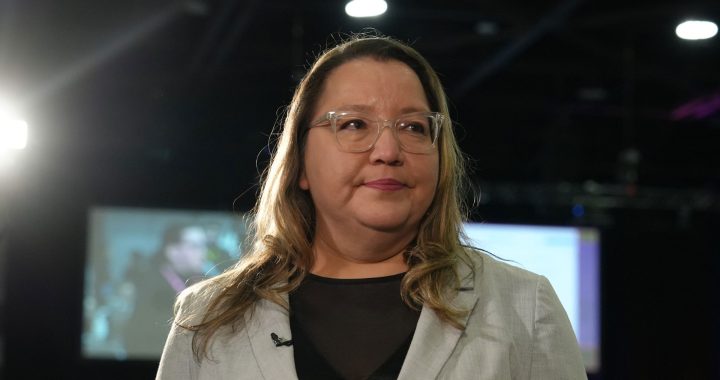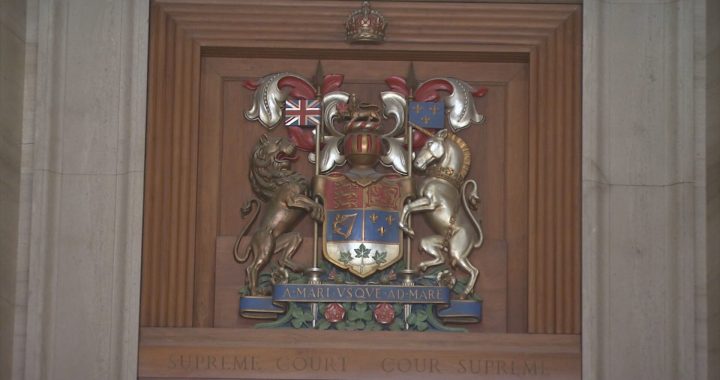APTN National News
Canada is facing a rate of warming at twice the global rate and the country’s Arctic is getting hit the hardest, according to a climate change briefing issued to Prime Minister Justin Trudeau and the premiers ahead of their meeting in Ottawa Monday.
While 2014 was the warmest year on record, with temperatures hitting 0.74 Celsius above the average, 2015 is expected to break that record and the earth is 65 per cent of the way to reaching the estimated tipping point of a temperature increase of 2C over pre-industrial age temperature, according to the presentation given by two top Environment Canada scientists.
Trudeau and the premiers gathered in Ottawa to form a common front in advance of the upcoming global climate conference in Paris. The climate change briefing was held at the Museum of Nature where the prime minister and ministers met Monday.
“Warming over the 20th Century is indisputable and largely due to human activities,” said the presentation, delivered by Environment Canada’s Greg Flato and Alain Bourque who are both leading researchers on climate change.
Canada’s North has been hit by an about 3C increase since 1948, while other regions, like along the country’s East Coast has seen a 1C temperature increase.
“Indigenous people of the Arctic are no longer able to predict the weather as their forefathers did,” said Bourque.
Bourque said Canada should expect more permafrost degradation which will impact existing infrastructure. He also said Western Canada will continue to face raging forest fires similar in scope to what has been witnessed over the past few years. Ongoing climate change impacts will continue to trigger more droughts from the southern prairies up to the Great Lakes and St. Lawrence watershed, put coastal communities at risks from rising ocean water, a decrease in the availability of water and the displacement of fish species, said Bourque.
The Hudson Bay polar bear will continue to be particularly impacted exhibiting leaner physiques, lower birth rates and increased aggressiveness as a result of a lack of its natural food sources, said Bourque. Pests, like the white pine beetle, will also continue to infest forests which has a negative impact on the forestry industry.
“Many provinces and territories indicated they are already having to deal with impacts of climate change,” said Bourque. “Canada will need to adapt to many increasing risks.”
Flato said if emissions aren’t reigned in to meet the 2C target, Canada will bear the brunt of the impact. If continuing emissions push temperatures global to 3.2C to 5.4C, the temperature change in Canada would be “double” the global increase.
“The only way to meet the 2C target…global emissions would have to peak soon and then drop rapidly,” said Flato. “Sum of emissions would have to approach zero.”
Flato said Canada’s emission totals have remained constant since 2005, but emission drops in electricity generation and heating have been offset by activity in the mining and oil and gas sector.
Flato said emissions in the developing world as a whole have levelled off while large increases are being driven by developing countries.
“The climate system doesn’t care where emissions come from, it is the total that matters,” he said.
@APTNNews











